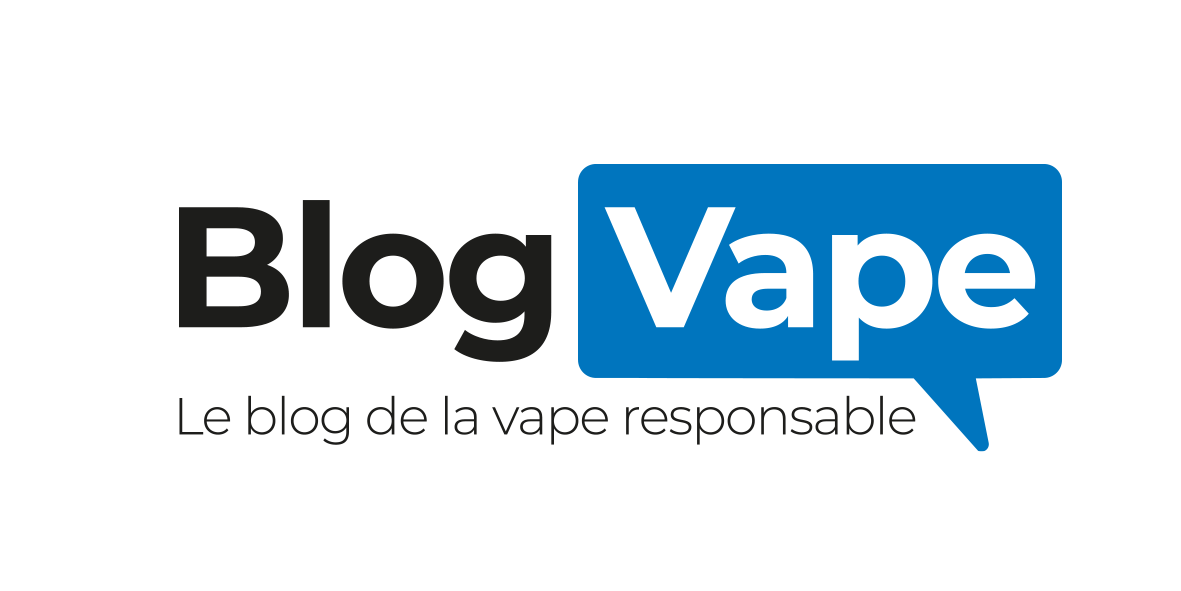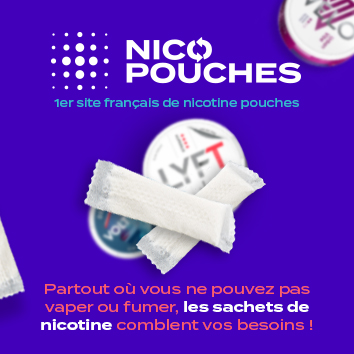Trump wants to tax the vaping industry $100 million per year

photo credit
The announcement was made on March 11: the Donald Trump administration is seriously considering applying a new tax—called a “user fee”— to all vaping products. The money made from these new taxes will finance the FDA, an organization that is tasked with regulating foodstuffs and drugs sold on American soil.
Unlike tobacco products, electronic cigarettes are not currently subject to any user fees. This tax fills the FDA coffers with $712 million every year, with a total budget of approximately $6 billion. For Donald Trump, it is only logical that the vaping industry also pays this user fee to help support the FDA. According to him, this additional source of revenue is necessary to fight the dangers of vaping addiction amongst America’s youth.
The Trump administration has decided that e-cigarette manufacturers and importers should pay the tax, but Congress must still approve the decision before the tax is implemented.

A controversial decision
Vaping enthusiasts are not happy about this proposal. According to Liz Mair from Vapers United, the government should keep the price of e-cigarettes low so that smokers can afford to turn towards e-cigarettes and quit smoking.
Scott Gottlieb, the FDA commissioner, has admitted that the e-cigarette is an effective ally in the fight against tobacco addiction, but more studies are needed to better understand the long-term effects of vaping. In particular, the effect that e-liquids have on the lungs is not yet fully understood.
The president of the Campaign for Tobacco-Free Kids, Matthew Myers, has adopted a nuanced position on the subject. According to him, taxing vaping products is a good idea, but the way in which these taxes are applied must be done intelligently. According to him, The FDA should prohibit the sale of flavored products, which he believes incite young people to start vaping. The numbers are telling, indeed: the number of e-cigarette users amongst American high school students rose by 78% between 2017 and 2018.






